The Scottish Parliament can seem remote to the needs of the north of Scotland, but hundreds of people from our communities have already made significant and life-changing improvements.
People like cancer-drug campaigner Tina McGeever from Moray and a group of school children from Barra are among those who used the unique petitions system to make a difference.
For this special look at how you can use parliament, we spoke to people from rural Scotland and the islands whose good ideas were put before MSPs.
We also spoke to the woman who oversees parliamentary business – presiding officer Alison Johnstone – and heard commitments to make parliament more open to the public.
Tina McGeever’s cancer campaign
When Tina McGeever’s husband Michael was diagnosed with terminal bowel cancer, she was determined to do everything she could.
She wanted a life-prolonging drug for him made available on the NHS.
To get there, she submitted a petition to get the rules changed – and even after Michael’s death at the age of 54, Tina never gave up her fight.
Now, thanks to the success of her petition, this vital drug is available to everyone in Scotland and her campaign work has been recognised internationally.
I was just an ordinary person but I felt a total connection with the parliament – it was a privilege to be involved in it.
– Tina McGeever
Michael was given his terminal diagnosis of advanced bowel cancer in March 2006, two days after speaking to his doctor about symptoms.
‘My whole world ended in that moment’
Tina, from Moray, said: “It was like my whole world ended in that moment.
“It was such an emotional experience, but you had to keep yourself calm.”
The couple lived in Buckie at the time and Michael started receiving chemotherapy in Aberdeen, where his oncologist told him about a drug called cetuximab.
Although this drug was never going to cure his cancer, it could give him more time – but it was not available on the NHS.
The family eventually paid £15,500 for the drug privately.
Tina asked her friends and family to write to their MSPs about Michael’s plight.
And when she submitted her petition she received a reply within 15 minutes telling her she was “the talk of the parliament” because so many had already received a letter about her fight.
In the beginning, Michael was even able to go along to the committee meetings himself to hear about his wife’s petition.
He died six months after this first trip to Holyrood in April 2008.
Ms McGeever said: “Michael continued going into his work, he was not lying in bed dying.
“He had a great network of friends to support him.
“He was a mad Aberdeen fan and he kept his sense of humour.
“You knew at times he was struggling and trying not to show it – he was a brave man.”
‘I did everything I could to keep it going’
She was determined to change the rules for everyone in her husband’s position, particularly those who didn’t have such a strong support network around them.
Ms McGeever, who now lives in Fochabers, said: “I did everything I could to keep it going.
“This was not just for Michael, it was for the ones who wouldn’t get the drug and would just go home and die.
“I did wonder if I had wasted seven years on this campaign but then one day I got the call to say the drug was licensed and approved.”
She said it was a “lovely moment” to be able to go back to Holyrood with Michael’s friend to officially close the petition.
She said: “I was just an ordinary person but I felt a total connection with the parliament – it was a privilege to be involved in it.”
Since her campaign, she has been used as an example in the Australian Parliament and in the USA.
How Barra youngsters got their WiFi
One of the unique aspects of Scotland’s petitions system is anyone of any age can do it.
And that’s what the Barra Youth Council did in 2013.
They were frustrated at not being able to get online when they were travelling on CalMac ferries to and from the mainland.
So when the parliament’s petitions committee made a visit to Stornoway, it sparked off an idea in their minds.
Katie Deneghy, community education officer at Barra Youth Council, said: “The young people needed to access the internet to do their work and to make the long journey a bit better – we have the longest journey from the mainland to Barra, it was five and a half hours at the time.
“Having WiFi would stop them having an internet black spot every time they jumped on a ferry.”
Easier than they thought
They already had the evidence they needed from their local paper petition, and immediately put in an official petition at the parliament.
It proved to be easier than they originally thought.
READ MORE: How does the public petitions system work?
Ms Deneghy said: “It was a really good experience for the youngsters because it helped them realise they have a voice and what they were saying mattered.”
The youngsters on Barra Youth Council made the 150-mile journey to Stornoway to state their case to the petitions committee in the Western Isles Council chambers.
One of them was nominated to speak on behalf of the group.
Ms Deneghy added: “It was slightly nerve-wracking for them to go all the way to Stornoway but they all did incredibly well.
“It was far better for it to come from them directly as well because they were the ones who had been campaigning for it locally.
“I was so proud of them all.”
READ MORE: Alison Johnstone: Scottish Parliament petitions give you a ‘direct line’
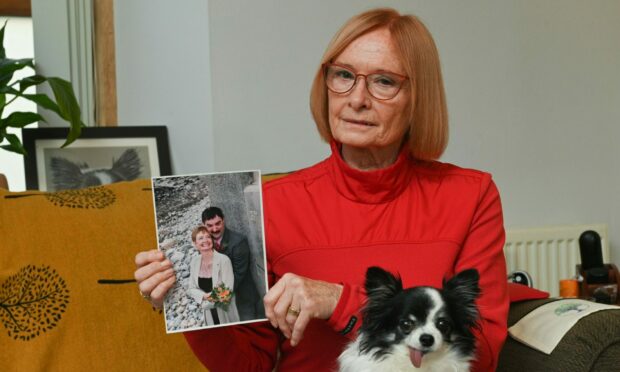

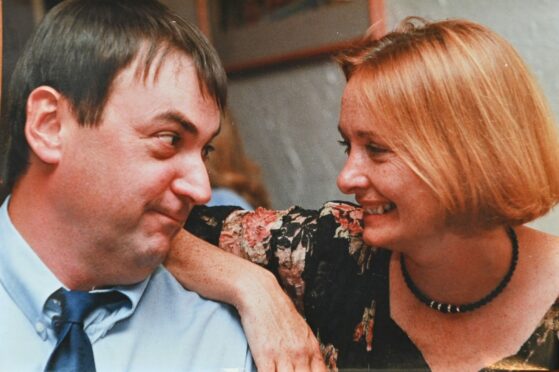
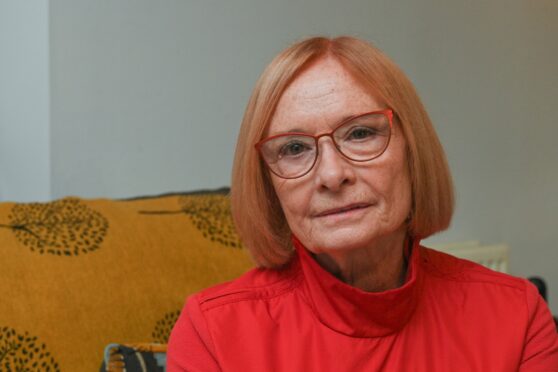
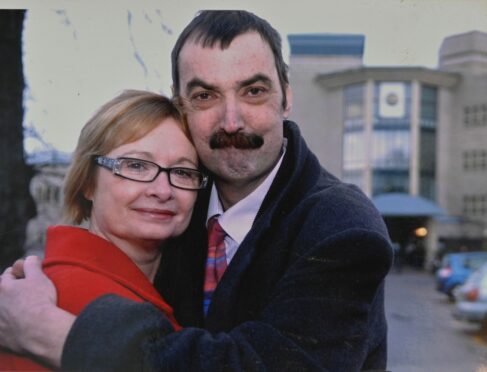
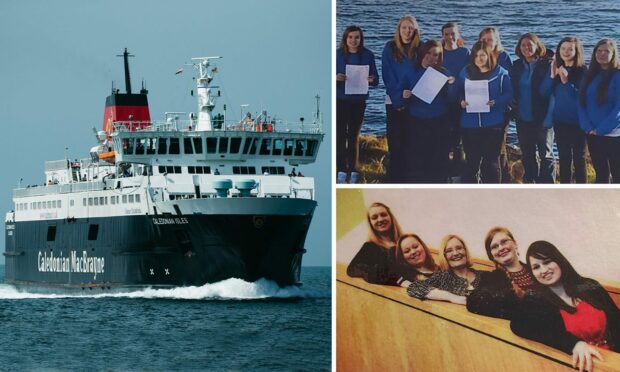

Conversation